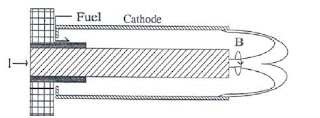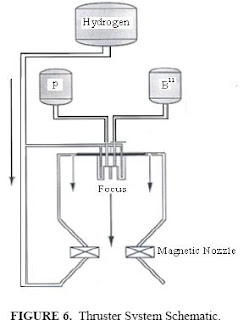W
Woggles
Guest
Re: hydrogen rockets are extremely wasteful
How could a nuclear chain reaction be controlled to support the theory for liftoff?
also
Just wondering if we have detected uranium in the solar system such as the moon that could be used?
orienteer":1q7ycuik said:Last time I checked the nuclear bomb creates the largest increase in volume with the least material, therefore controlling said reaction would indeed supply the thrust needed.
How could a nuclear chain reaction be controlled to support the theory for liftoff?
also
Just wondering if we have detected uranium in the solar system such as the moon that could be used?





